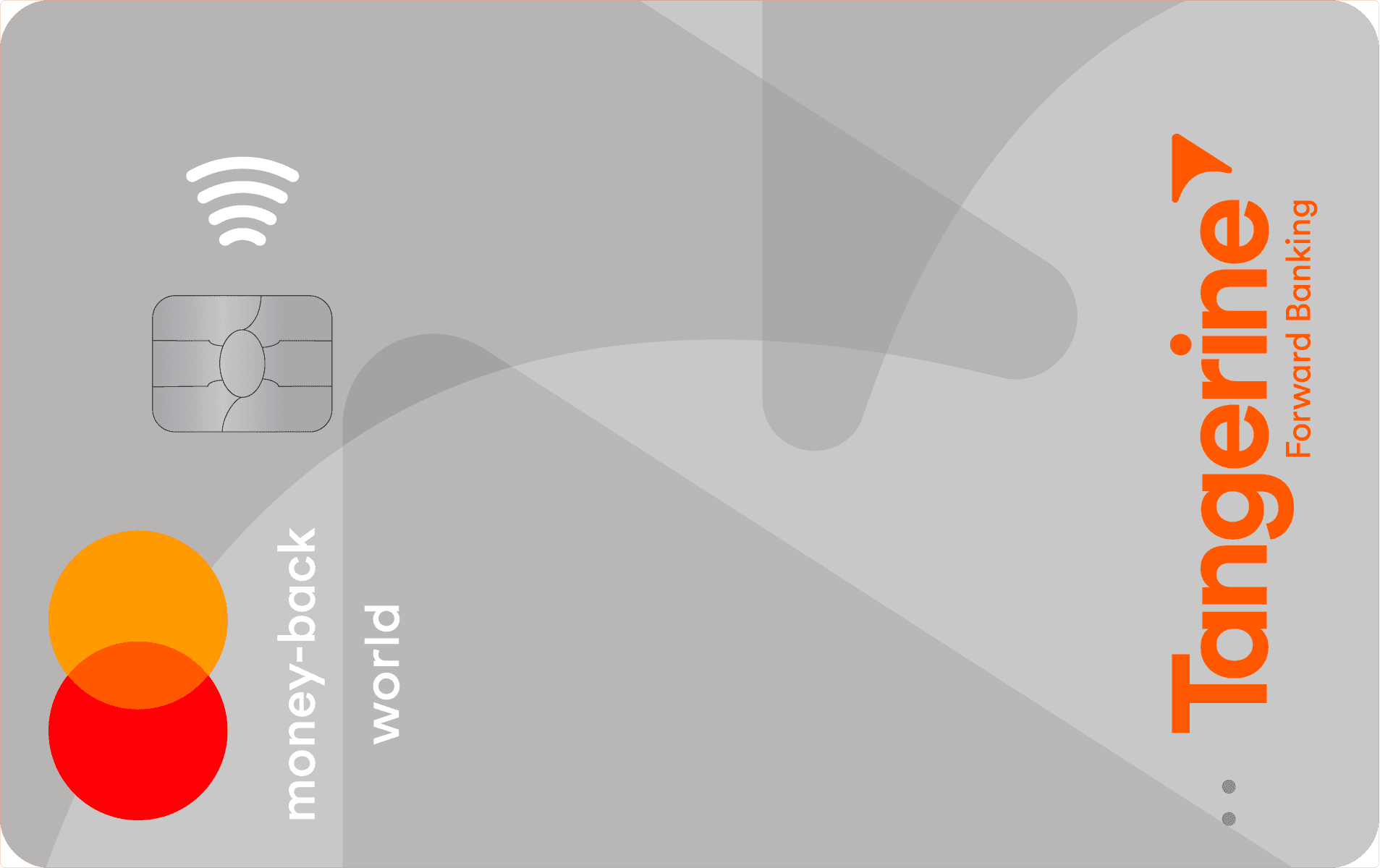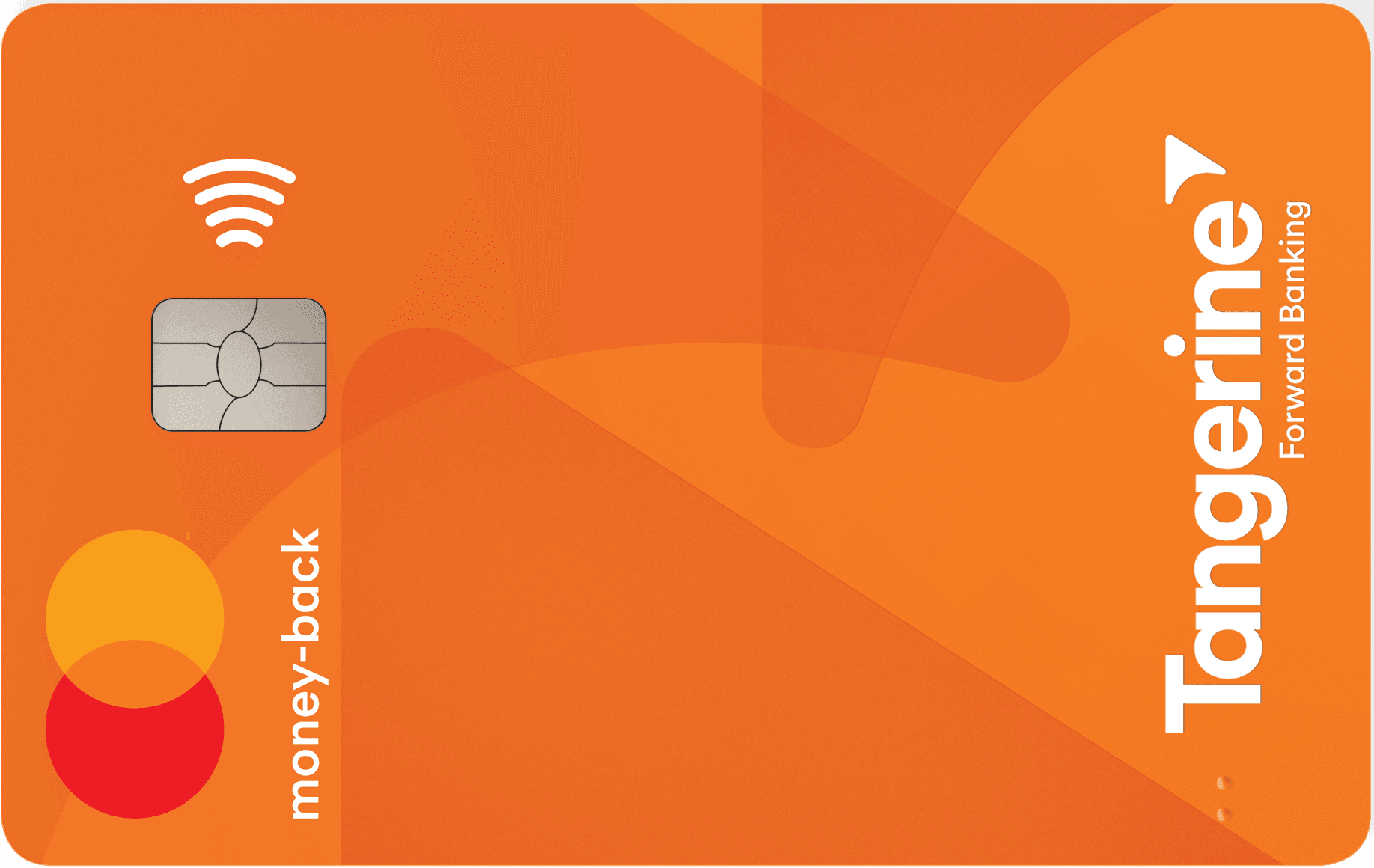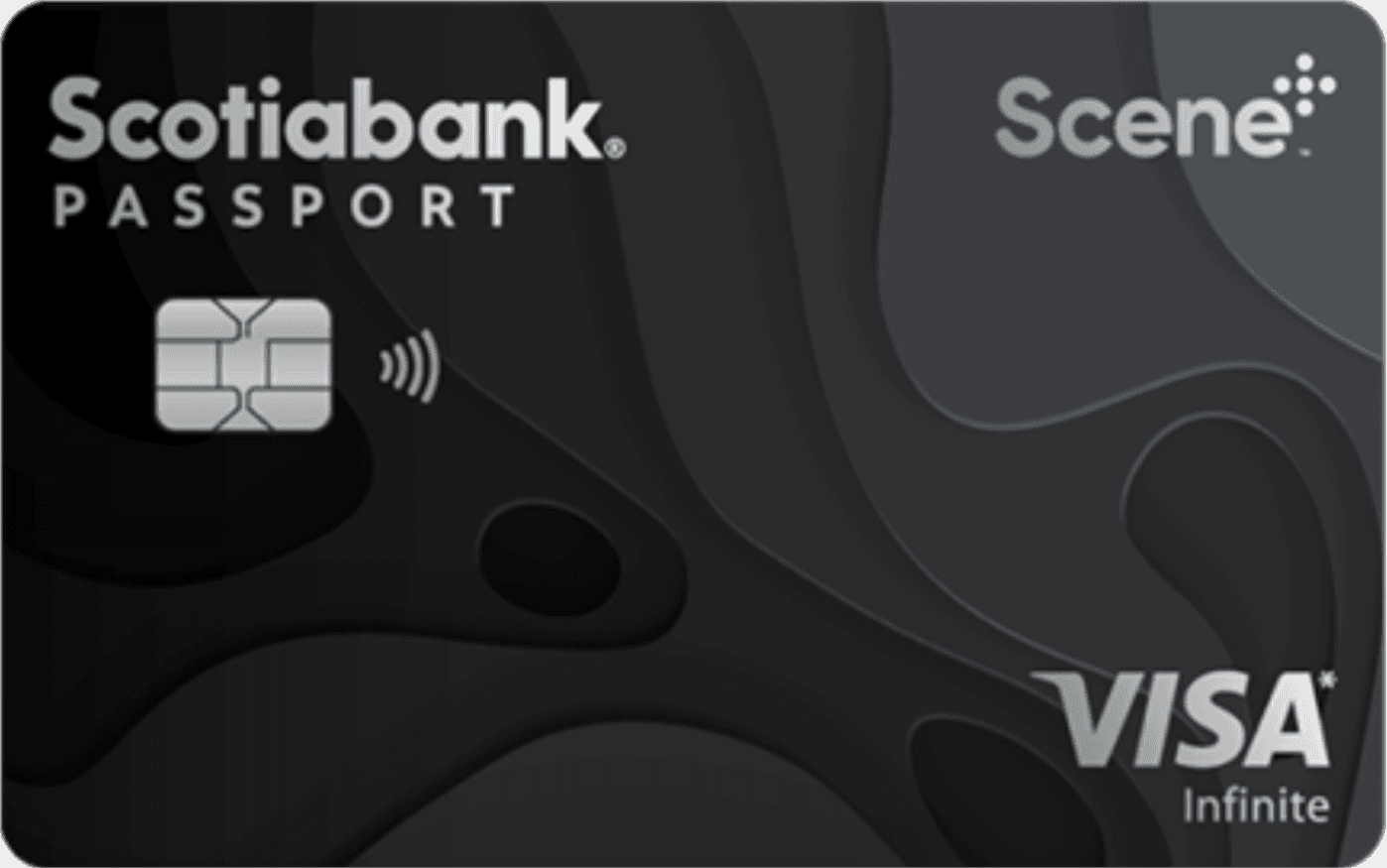Working hard in the background...
What Is a Charge Card in Canada?
Published Jan 5, 2026 1:12 PM • 7 min read
While ATM cards, debit cards, and credit cards are more well-known when it comes to electronic payment methods, there is a less famous card option that comes with its own set of unique characteristics, that might interest you. If you haven’t guessed it yet, I am referring to a charge card.
Although a charge card looks like any other credit card, it has its own special features that set it apart.
A charge card is a type of payment card that works similarly to a credit card but with key differences. Unlike credit cards, charge cards require you to pay your balance in full each month and don’t have a preset spending limit, offering flexibility based on your spending habits and payment history. They usually come with high annual fees, require excellent credit scores, and carry steep late payment penalties often up to 30%. While they provide premium rewards and perks, they’re best suited for disciplined spenders who want flexibility without worrying about credit utilization.
We will also dive into more pressing questions like “when is it feasible to use a charge card instead of a regular credit card?”. So, read through the end and get to know charge cards with an in-depth view of their features.
So, What is a Charge Card?
A charge card works somewhat like a credit card. You borrow money from a third party for your expenses and then pay it at a later date and time. It implies that you do not own the money you use for your expenses; instead, you are managing the expenditure on borrowed money, which you are obligated to pay back later. There aren't many charge cards available in Canada which are issued by American Express. You can learn more about the cards in American Express Platinum Card review and American Express Aeroplan Card review for personal cards and American Express Business Platinum Card review and American Express Business Gold Rewards Card review for small business cards.
Charge cards have many unique features that you need to understand. Here are the major features of charge cards. We will explain all the features by comparing them to credit cards in Canada, as both operate on a line of credit.
1. Full Payments Required
Unlike credit cards, the user is obliged to pay the full amount of the charge card at the end of each month when the bill is sent to the user. For credit cards, users have the option to pay the minimum amount due and carry the remaining balance to the next month.
Although this revolving credit line comes at an interest rate that might elevate the outstanding debt, with the charge card, you are obliged to pay the full amount at the end of each month without any liberty to delay the payment. Also, if you fail to pay within the due date, you will be around 30% interest, which is far higher than you would expect on a credit card.
2. No Credit Limit
You might already be aware that every credit card comes with a credit limit. A credit limit is the maximum amount to which you can use the credit card to conduct financial transactions. The credit limit for every user is determined on the basis of his/her personal credit history and credit score.
One of the most significant distinctions of a charge card is its approach to spending limits. Unlike a credit card with its clearly defined credit ceiling, a charge card operates with "no preset spending limit." This doesn't mean spending is infinite; instead, it offers a flexible and dynamic purchasing power that adapts based on your spending habits, payment history, and reported income. This allows for greater flexibility with large purchases, but it comes with the strict requirement that the balance must be paid in full every month.
3. High Credit Score Requirement
To get a charge card, you need to have an outstanding credit score. With no credit limit, the charge card presents a bigger risk for the lender. This is why the requirement is made, since the charge card issuer needs the confidence that the user will be able to repay the debt.
To ensure a lower risk of default, the charge card issuer issues cards to users with an attractive credit history and above-average to excellent credit scores. Though credit cards also require a fair credit score, there are plenty of credit cards that can be acquired without a good credit score or even with a zero or negative credit score, such as secured credit cards. But with charge cards, there is no way to get one without having an outstanding credit score backed by a great credit history.
4. Annual Fees
Credit cards can be acquired with or without an annual fee. Though most credit cards come with an annual fee, it is quite easy to find one without an annual fee. In comparison, it is impossible to find a charge card without an annual fee. The annual fee for a charge card usually ranges from $150 to $799.
Learn more: Pros and cons of credit card annual fees
5. Good Rewards & Benefits
Credit cards are known for their rewards and perks. But you will be surprised to learn that charge cards can offer even better rewards and benefits. Though the users are lured by the freedom of no credit limit and great rewards, note that charge cards can be acquired only by having an excellent credit score, which is why not everyone can have one.
When to apply for a charge card?
Now that you know the basic features of a charge card, you are in a better position to know when it is more feasible to apply for a charge card. Here is when we think it is advised to apply for a charge card instead of a credit card:
- You are a sensible spender who does not tend to overspend. Managing your expenses according to your income makes a charge card a great option. This way, you can use the card as per your monthly spending limit and pay the balance in full at the end of the month while enjoying the associated benefits and rewards.
- If you want the freedom to use the credit line without worrying about a credit limit, consider getting a charge card. This way, you can use the card as per your financial needs. If your monthly expenses are unpredictable and you need the flexibility to use the credit line without an upper limit, then the charge card is the perfect fit for you.
- Credit utilization can be tricky to keep track of if you own many credit cards or lines of credit. If you are concerned about keeping your utilization under 30%, consider applying for a charge card instead of a credit card. This way, you can enjoy using credit without stressing over the utilization.
Pros and Cons of Charge Cards
Charge cards come with their pros and cons. Here are some of the major pros and cons that you need to take into account while considering applying for a charge card.
Pros:
- No preset limit to calculate a utilization ratio against
- Excellent rewards and perks
Cons:
- You need an exceptionally high credit score to get the charge card
- A charge card comes with an annual fee that can be pretty pricey
- Charge cards generally come with late payment interest of up to 30%
- If you are a careless spender, then it is quite risky to get a charge card because you might end up in a lot of debt
Frequently Asked Questions
The two main differences are the payment requirements and the spending limit. With a charge card, you must pay your balance in full each month, whereas a credit card allows you to carry a balance. Secondly, charge cards have no preset spending limit, while credit cards have a specific, fixed credit limit.
Yes, virtually every charge card available in Canada comes with an annual fee. For premium cards, this fee can be pretty substantial, often ranging from $150 to $799 or more.
If you fail to pay your balance in full by the due date, you will be charged a high penalty interest rate (often around 30%) on the entire outstanding amount. Unlike a credit card, carrying a balance is not an option.
Trending Offers

Tangerine® Money-Back World Mastercard®*

Tangerine Money-Back Mastercard

BMO Performance Chequing Account

Scotiabank Passport® Visa Infinite* Card
What's on this Page
About the author

Abid Salahi
Credit Card Expert
Abid leads the design and engineering of the FinlyWealth website, making sure everything runs smoothly and looks great. He’s a seasoned software engineer who follows best practices and designs interfa...
SEE FULL BIOAbout the editor

Kevin Shahnazari
Credit Card Expert
Kevin started FinlyWealth and juggles a bit of everything—digging into data, running our marketing, and keeping the finances on track. Before this, he spent years as a data scientist at tech companies...
SEE FULL BIO